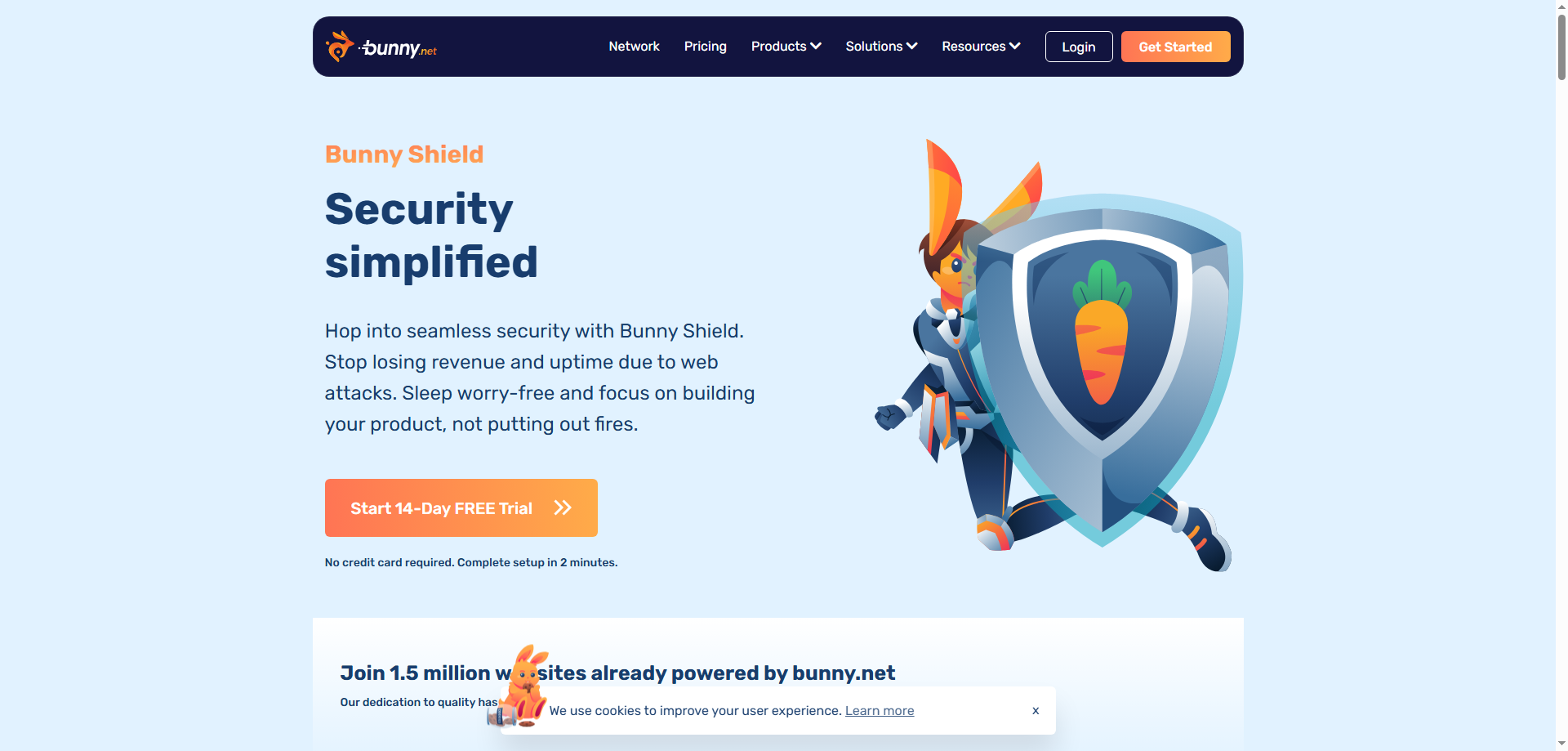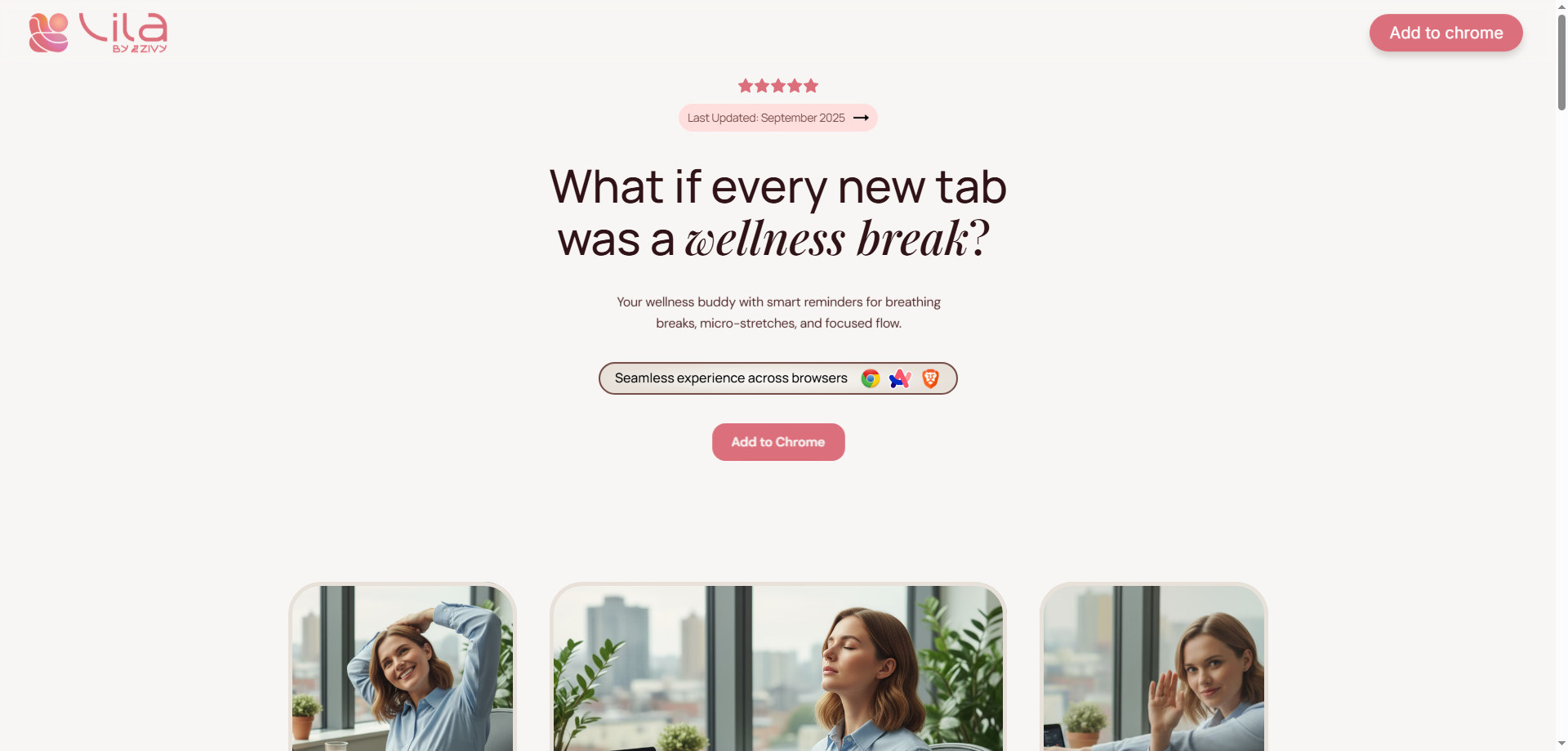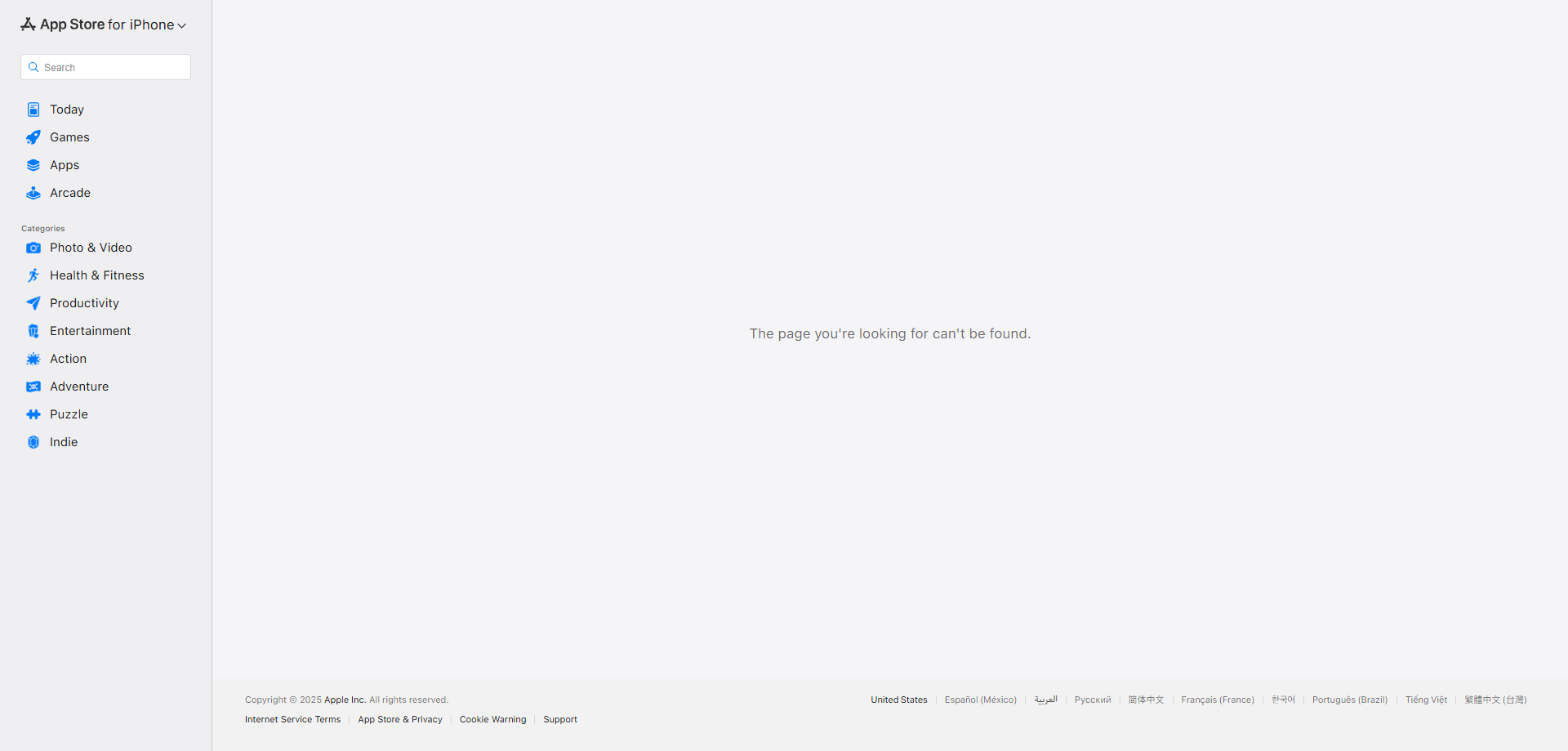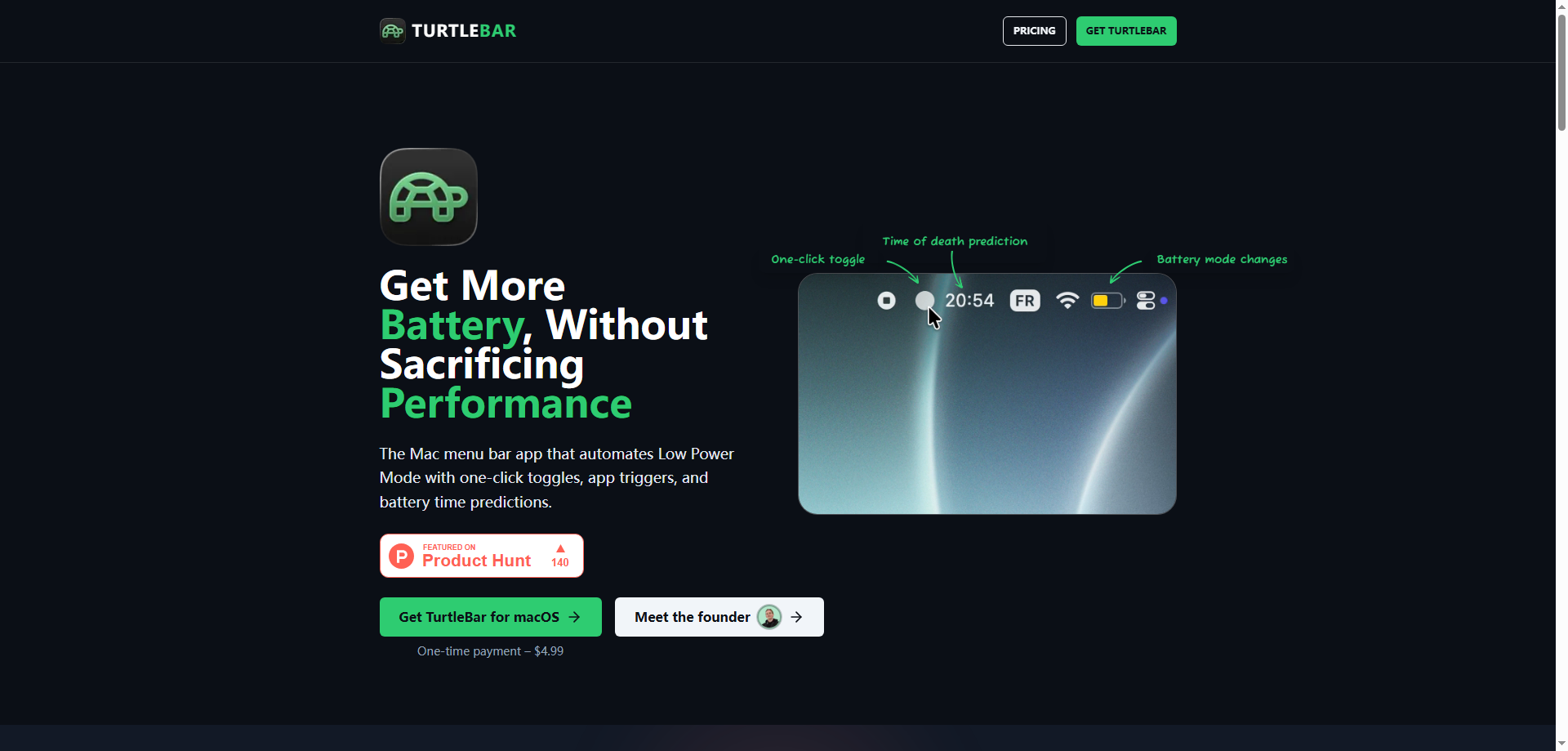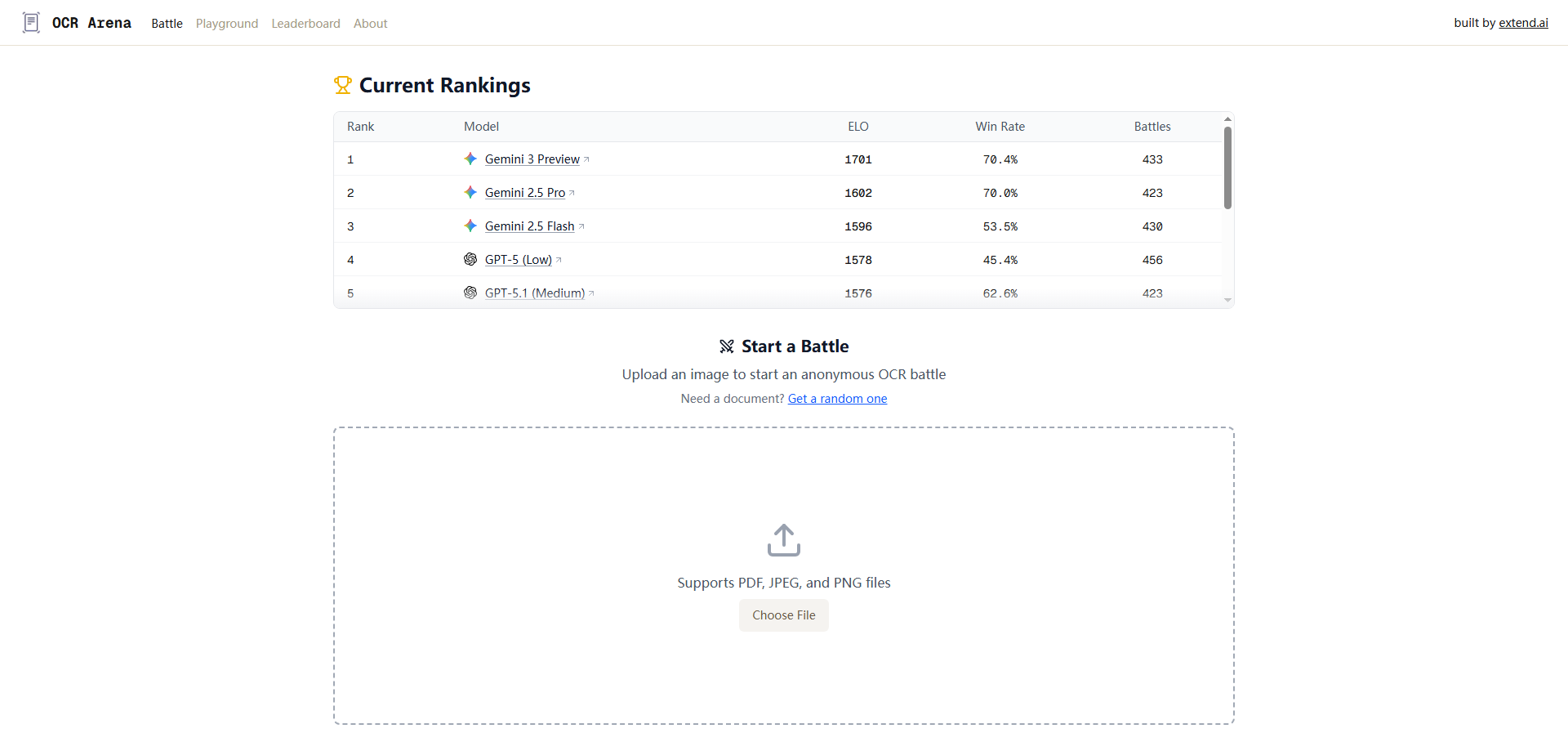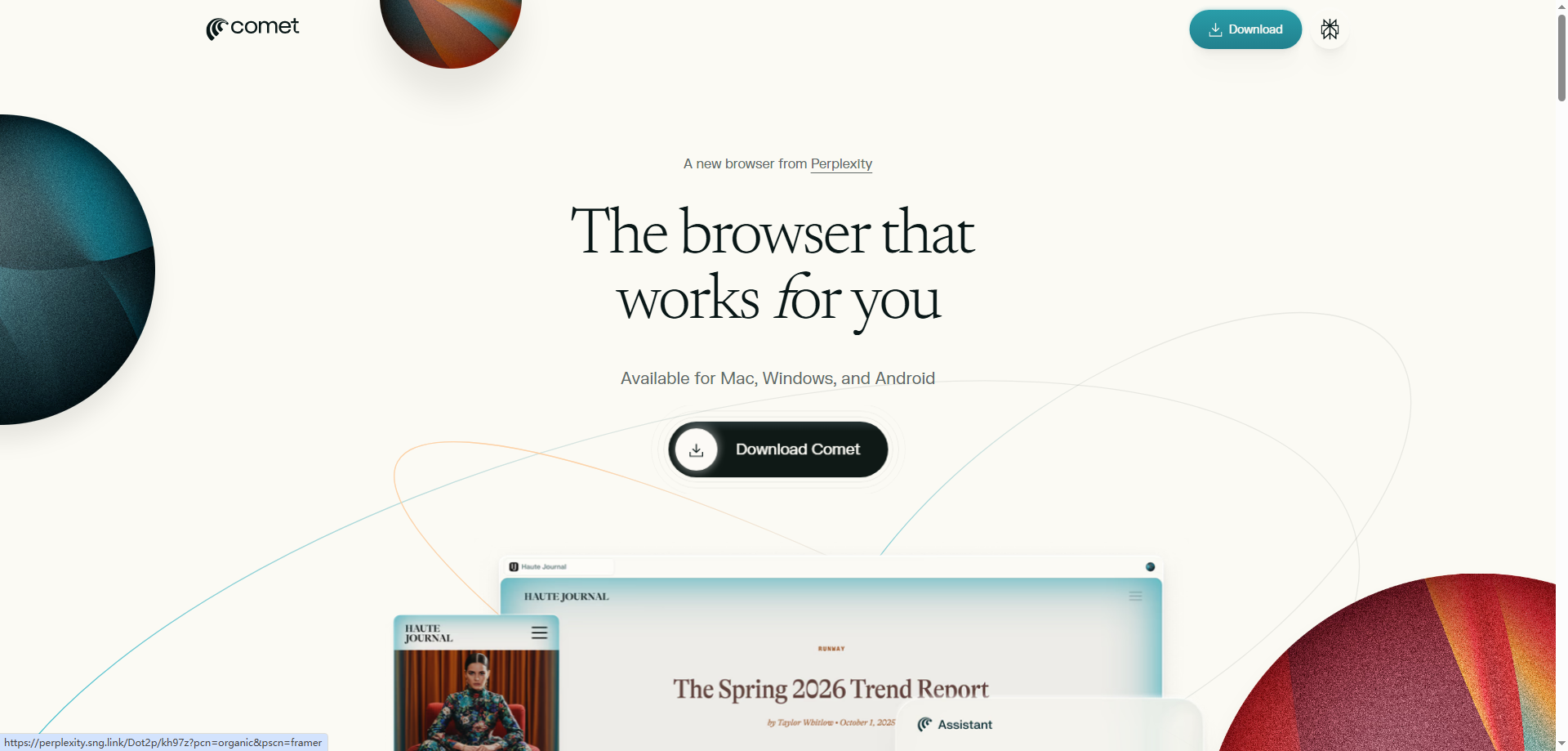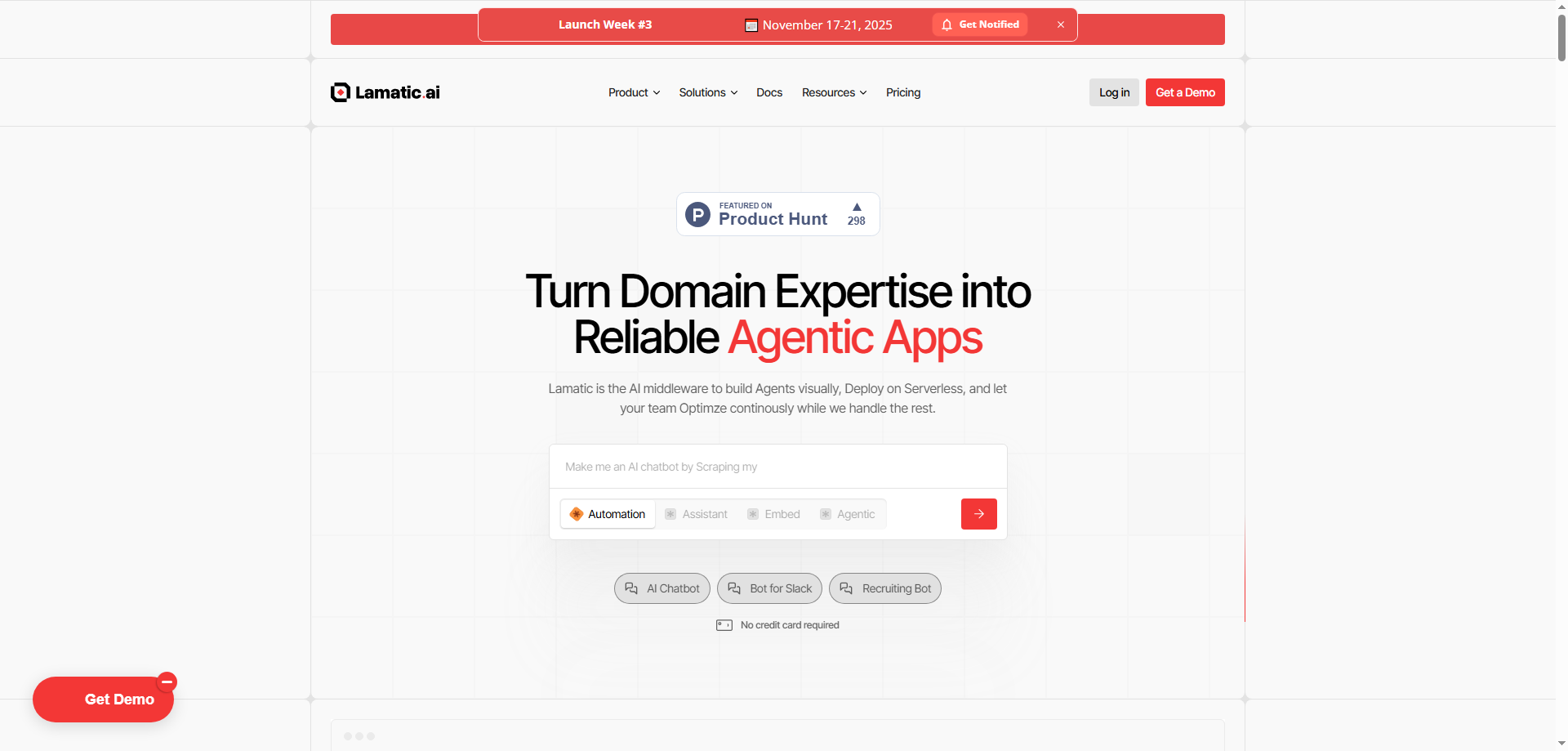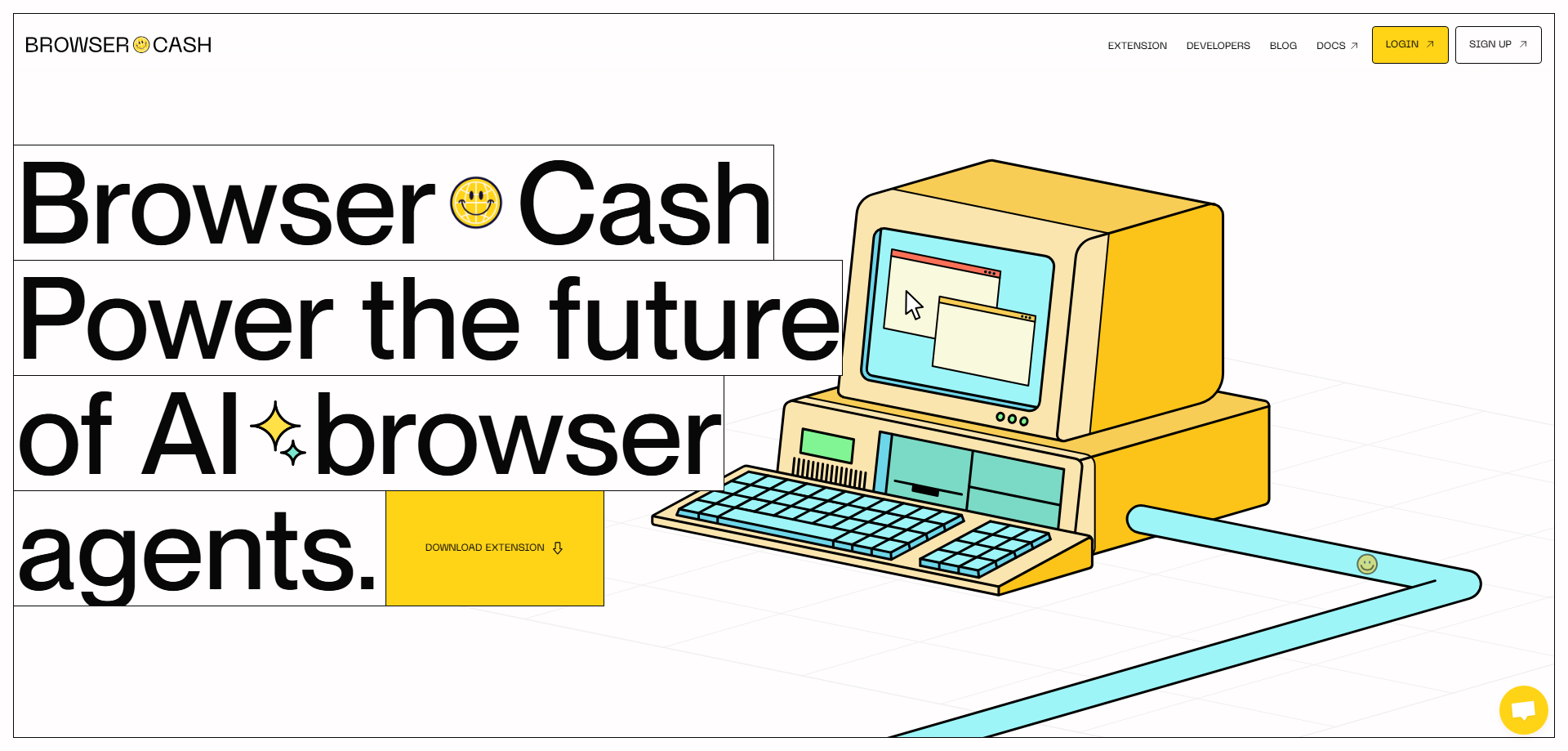The Creative Genius of Democratized Security
When I first encountered Bunny Shield, what struck me immediately was the audacity of their positioning: "Serious security shouldn't be a luxury." In an industry where enterprise-grade website security typically requires lengthy approval processes, complex contracts, and eye-watering price tags, Bunny Shield is proposing something genuinely radical—making advanced security accessible to everyone.
The creative brilliance here lies not in inventing new security technologies, but in reimagining how security should be delivered and priced. Let me explain why this matters.
Traditional CDN security solutions like Cloudflare Enterprise, Akamai, or AWS Shield Advanced offer excellent protection, but they've created an artificial barrier between "serious security" and everyone else. If you're a Fortune 500 company, you get world-class WAF protection, DDoS mitigation, and dedicated support. If you're a startup, small business, or individual developer? You're often left with basic protection that doesn't quite cut it, or you're priced out entirely.
Bunny Shield's creative insight is that security technology has commoditized enough that there's no technical reason why a small e-commerce site should have worse DDoS protection than a major corporation. The barrier is business model, not capability. By offering advanced security features with transparent pricing and no lengthy approval processes, they're democratizing what was previously reserved for enterprises.
I'm particularly impressed by the unified dashboard approach. In my experience, security tools often suffer from feature bloat and complexity. You need a PhD in cybersecurity to configure anything properly. Bunny Shield promises an intuitive interface where you can configure WAF rules, set rate limiting, enable bot detection, and review security logs all in one place. This simplification without sacrificing capability is genuinely creative product design.
The comprehensive feature set—WAF, DDoS mitigation, rate limiting, bot detection, and upload scanning—addresses the full spectrum of common web security threats. Rather than forcing users to cobble together multiple tools from different vendors, Bunny Shield provides a complete API security and website security solution in one package. This integration creates efficiency and reduces the cognitive load of managing security.
The "start free, scale fairly" pricing model is where the creative disruption really shines. By removing the intimidating commitment of traditional security contracts, Bunny Shield lowers the barrier to trying serious security. Small projects can start with free protection and only pay more as they grow. This aligns costs with value in a way that traditional security vendors never have.
The detailed event logs and real-time visibility feature addresses another pain point I've experienced: security black boxes. Many security solutions protect you but give limited insight into what they're actually doing. When an attack happens, you're left wondering what occurred and whether your protection worked. Bunny Shield's transparency about security events helps users understand threats and make informed decisions.
From a positioning creativity perspective, the tagline "Powerful CDN security without the hassle" directly addresses the friction point. People don't avoid enterprise security because they don't want protection—they avoid it because the procurement process, configuration complexity, and pricing opacity make it prohibitively difficult. By promising to remove the hassle while maintaining power, Bunny Shield positions itself as the obvious choice for anyone who's been frustrated by traditional security vendors.
The fact that Bunny Shield comes from Bunny.net, which has built a reputation for transparent, developer-friendly CDN services, adds credibility. They're extending their "fair pricing, great performance, no BS" philosophy from CDN to security, which feels like a natural evolution of their brand promise.
Can Bunny Shield Disrupt the Security Market?
Looking at Bunny Shield's potential to replace existing security solutions, I see both significant opportunities and important limitations. Let me analyze where it could genuinely disrupt and where established players maintain advantages.
Versus Cloudflare's Free/Pro Plans: Cloudflare offers free DDoS protection and basic WAF functionality, but their free tier is quite limited, and moving to Pro at $20/month still doesn't unlock advanced features. Bunny Shield's positioning here is interesting—if they can offer more advanced features at competitive pricing with comparable performance, they could attract Cloudflare users who've outgrown the free plan but find Enterprise pricing unjustifiable.
However, Cloudflare has massive network scale—data centers in 200+ cities—that provides inherent DDoS protection advantages. Bunny Shield needs to prove they can match this performance and resilience. The challenge isn't just features; it's global infrastructure.
Versus AWS Shield and WAF: Amazon's security solutions are powerful but notoriously complex to configure and expensive at scale. Many developers I know find AWS security documentation impenetrable. If Bunny Shield can deliver comparable protection with dramatically simpler configuration and more predictable pricing, that's genuinely disruptive for AWS-hosted sites looking for easier alternatives.
The limitation is ecosystem integration. AWS Shield integrates seamlessly with other AWS services. Bunny Shield needs to work well regardless of where your infrastructure lives, which is both an advantage (platform-agnostic) and a challenge (less deep integration).
Versus Enterprise Security Vendors: Traditional vendors like Akamai, Imperva, or Fortinet offer excellent security but with complex sales processes, lengthy contracts, and opaque pricing. For small to mid-sized businesses that don't have dedicated security teams, Bunny Shield's simplicity is massively disruptive.
I've seen companies spend months evaluating enterprise security solutions, only to be shocked by final pricing. Bunny Shield's transparent pricing eliminates this frustration entirely. For companies that need solid security without enterprise-level budgets or complexity, this could be transformative.
However, enterprise vendors provide things Bunny Shield may not: dedicated account managers, custom rule development, compliance certifications for specific industries, and battle-tested performance at massive scale. Large enterprises often pay for the relationship and support as much as the technology.
The Real Disruption Potential: I believe Bunny Shield's biggest disruption opportunity isn't replacing any single competitor but rather expanding the market for serious security. There's a massive middle ground of websites and APIs that currently have inadequate protection because proper security felt too expensive or complex. Bunny Shield could bring these sites into the "properly secured" category.
Think about all the small e-commerce stores running on basic hosting with minimal security, or startups launching APIs with barely any protection because "we'll add security later when we're bigger." Bunny Shield makes the excuse of "security is too hard or expensive" much less valid.
For bot detection specifically, I see strong disruption potential. Bot traffic is a growing problem—account takeovers, credential stuffing, inventory hoarding, content scraping. Many sites suffer bot abuse but can't justify expensive anti-bot solutions. If Bunny Shield offers effective bot detection at accessible pricing, that alone could drive significant adoption.
The upload scanning feature is particularly interesting for user-generated content platforms. Malware in uploaded files is a real threat, but scanning solutions have traditionally been add-ons that require separate integration. Having it built into your CDN security layer is genuinely convenient.
Where Bunny Shield Won't Replace Competitors: I don't see Bunny Shield displacing enterprise solutions for huge, security-critical sites like banks, payment processors, or government platforms. These organizations need the white-glove service, compliance certifications, insurance, and battle-tested scale that established vendors provide. They're not price-sensitive; they're risk-sensitive.
Additionally, if you're deeply embedded in a specific cloud ecosystem (AWS, Azure, Google Cloud) with complex integrations, moving to an external security layer adds complexity that might outweigh Bunny Shield's benefits.
Overall, I think Bunny Shield can carve out a substantial market position as the security solution for the "ambitious middle"—sites that are serious enough to need real protection but not large enough to justify enterprise complexity and pricing. That market is huge and underserved.
User Acceptance: Who's Ready for Accessible Security?
From a practical needs perspective, I'm quite bullish on Bunny Shield's acceptance potential. The product addresses real pain points across multiple user segments, and the value proposition is immediately understandable. Let me break down who will embrace this and why.
Small to Medium E-commerce Sites: These businesses face real security threats—DDoS attacks can take them offline during peak sales periods, bots can scrape pricing data or hoard inventory, and API vulnerabilities can lead to data breaches. But many can't afford enterprise security solutions or dedicate staff to managing complex security tools.
Bunny Shield's accessible pricing and intuitive dashboard make professional website security achievable for this segment. A store owner who's not a security expert can enable DDoS protection, set up rate limiting to prevent inventory hoarding, and activate bot detection without needing to understand the underlying complexity. This removal of technical barriers will drive strong acceptance.
SaaS Startups and API Businesses: For companies whose entire business is built around APIs, security isn't optional—it's existential. API security breaches can destroy trust and sink young companies. However, startups typically have limited budgets and small teams. They need security that "just works" without consuming engineering resources.
Bunny Shield's comprehensive feature set (WAF for API security, rate limiting to prevent abuse, bot detection to stop credential stuffing) addresses the top API threats startups face. The free-to-start model means they can implement proper security from day one rather than treating it as a "post-Series A" concern. This alignment with startup realities will drive acceptance.
Developer-Friendly Platform: Developers who've been frustrated by traditional security vendors will appreciate Bunny Shield's approach. The detailed event logs provide visibility that helps developers understand and respond to threats rather than blindly trusting a black box. The transparent pricing means they can confidently recommend Bunny Shield to stakeholders without fearing budget shocks.
The Product Hunt audience—which skews technical and startup-focused—is ideal for Bunny Shield. The 135 upvotes and 13 discussions suggest healthy interest from this community. These early adopters will test the product, provide feedback, and potentially become evangelists if the experience matches the promise.
Content Platforms with User Uploads: Any platform allowing user uploads faces malware risks. The upload scanning feature directly addresses this threat. Platforms that currently don't scan uploads (due to cost or complexity) now have an accessible solution. Platforms using separate scanning tools can consolidate into one security platform. This practical utility will drive acceptance among user-generated content sites.
Budget-Conscious Organizations: The transparent pricing model removes a major barrier to security investment. CFOs and non-technical decision-makers can understand exactly what they're paying for and predict costs as they scale. This predictability is incredibly valuable for organizations planning budgets and making build-vs-buy decisions.
However, I also recognize acceptance challenges:
Trust Building: Security is deeply about trust. New entrants must prove reliability and effectiveness. Bunny Shield benefits from Bunny.net's existing reputation, but they'll need case studies, performance data, and customer testimonials to build confidence. One high-profile security failure could devastate adoption.
Migration Friction: Sites currently using other security solutions face migration costs—reconfiguring DNS, testing thoroughly, training teams on new dashboards. Even if Bunny Shield is better, the switching cost creates inertia. They need to make migration as painless as possible and offer clear ROI justification.
Feature Parity Questions: Established security vendors have had years to build comprehensive feature sets. Users will ask: "Does Bunny Shield handle edge case X?" or "Can it integrate with tool Y?" Gaps in features or integrations could limit acceptance among more sophisticated users.
Performance Validation: Users need proof that Bunny Shield's DDoS mitigation and WAF don't add significant latency. Security that slows down your site creates a different kind of problem. Performance benchmarks and real-world testimonials will be crucial.
Overall, I believe user acceptance will be strong among small to medium sites, startups, and developer-led organizations—which collectively represent a massive market. Enterprise acceptance will be slower and requires building track record over time. But the initial target market is large enough for significant success.
Survival Rating: 4/5 Stars ⭐⭐⭐⭐
Evaluating Bunny Shield's one-year survival prospects, I'm giving it a strong 4 out of 5 stars. This optimism reflects both the solid foundation from parent company Bunny.net and the genuine market need for accessible security. However, the competitive landscape and execution challenges prevent a perfect score.
The Opportunities
Proven Parent Company: Bunny Shield isn't a standalone startup—it's a product from Bunny.net, an established CDN provider with existing infrastructure, customers, and credibility. This dramatically improves survival odds compared to a brand-new security startup. They're extending existing capabilities rather than building from scratch.
Massive Underserved Market: There are millions of websites and APIs with inadequate security because traditional solutions are too expensive or complex. Bunny Shield's accessible approach could tap into this enormous addressable market of sites currently under-protected.
Strong Value Proposition: The combination of comprehensive features, transparent pricing, and ease of use creates clear differentiation from both free-tier solutions (limited features) and enterprise solutions (complex and expensive). This "sweet spot" positioning is strategically sound.
Existing Customer Base: Bunny.net's current CDN customers are natural candidates for adding security features. Cross-selling to an established base provides immediate distribution advantage and reduces customer acquisition costs significantly.
Market Timing: Cyber threats are increasing, regulations around data protection are tightening, and awareness of security importance is growing. The market is expanding, not contracting, which creates tailwinds for any solid security offering.
Developer Community Appeal: Developers increasingly influence or make security decisions, especially in startup and mid-market contexts. Bunny Shield's developer-friendly approach positions it well to win this influential audience.
Pricing Model Innovation: The "start free, scale transparently" model removes friction from adoption and aligns well with how modern companies want to buy software. This business model innovation could drive rapid growth if execution is solid.
The Risks
Intense Competition: The CDN security and website security space includes formidable competitors with deep pockets—Cloudflare, Akamai, AWS, Fastly, and others. These companies can match features, undercut pricing, or leverage their massive scale to outcompete. Bunny Shield needs continuous differentiation.
Technical Execution Demands: Security products must work flawlessly. A single high-profile failure—a site using Bunny Shield getting breached or DDoS'd—could destroy credibility instantly. The technical execution bar is extremely high, and there's no room for error.
Scale Challenges: DDoS mitigation requires massive network capacity. As Bunny Shield grows and protects larger sites, they'll need to scale infrastructure dramatically. Can they maintain performance and effectiveness as attack volumes increase? This operational scaling challenge is significant.
Feature Arms Race: Security is a constant cat-and-mouse game. New attack vectors emerge regularly, requiring continuous feature development. Bunny Shield needs sustained engineering investment to keep pace with evolving threats and match competitors' feature additions.
Enterprise Penetration Difficulty: While the initial target market is small to medium sites, long-term growth requires moving upmarket to larger customers. Enterprise sales require different capabilities—compliance certifications, dedicated support, custom development. Building these capabilities takes time and investment.
Pricing Pressure: If Cloudflare responds by making their free tier more generous or Pro tier cheaper, or if AWS reduces Shield pricing, Bunny Shield faces pressure from both sides—free alternatives improve and enterprise alternatives become more accessible. Maintaining pricing power could be challenging.
Customer Support Scaling: As customer base grows, support demands will increase. Security questions are often urgent and technical. Scaling high-quality support without ballooning costs is notoriously difficult for infrastructure products.
Reputation Dependency: Security vendors live and die by reputation. One notable security failure, one data breach at a customer site that could be blamed on inadequate protection, or even just perceived performance issues could trigger customer exodus. Reputation takes years to build and moments to destroy.
What Needs to Happen
For Bunny Shield to not just survive but thrive, several things must occur over the next year:
-
Flawless Initial Performance: Early customers must have excellent experiences with no security breaches, no performance degradation, and effective threat blocking. Building this track record is critical for credibility.
-
Case Study Development: They need multiple documented success stories—sites that switched to Bunny Shield and saw specific benefits (blocked X attacks, saved Y dollars, reduced complexity). Concrete examples drive adoption.
-
Strategic Partnerships: Integrations with popular platforms (WordPress, Shopify, hosting providers) could dramatically accelerate distribution and reduce friction for specific user segments.
-
Feature Completeness: Any obvious gaps compared to competitors must be filled quickly. The dashboard needs to be genuinely intuitive, documentation needs to be comprehensive, and the feature set needs to match or exceed expectations.
-
Community Building: Engaging with developer communities, security forums, and startup ecosystems will drive awareness and credibility. Bunny Shield needs advocates who actively recommend it.
-
Pricing Execution: They must deliver on the "transparent and fair" pricing promise. Any perceived bait-and-switch or unexpected cost increases would be brand-damaging. Maintaining trust around pricing is essential.
My Honest Assessment
I'm giving 4 out of 5 stars because I believe Bunny Shield has genuinely strong fundamentals. The backing from an established company, clear market need, solid positioning, and developer-friendly approach create a strong foundation for success.
The one-star deduction reflects real competitive and execution risks. Security is a demanding category where you're only as good as your last threat stopped, and competitors have vast resources to respond to any success Bunny Shield achieves.
I envision several possible outcomes:
Strong growth scenario (50% probability): Bunny Shield successfully penetrates the small to medium website security market, achieves solid revenue growth, builds credibility through successful customer outcomes, and establishes itself as a respected alternative to market leaders.
Steady-state scenario (30% probability): They carve out a sustainable niche but don't dramatically disrupt the market. They become a solid option for Bunny.net customers and security-conscious mid-market sites but don't achieve breakout growth. Still valuable and profitable, just not a category leader.
Acquisition scenario (15% probability): If execution is strong, a larger player might acquire Bunny.net (including Bunny Shield) to quickly enter or strengthen their position in the accessible security market. The company succeeds by being absorbed into a larger ecosystem.
Struggle scenario (5% probability): Technical problems, competitive pressure, or slow adoption could result in Bunny Shield remaining a minor product within Bunny.net's portfolio rather than a significant growth driver. Low probability given strong fundamentals, but not impossible.
The 4-star rating reflects my confidence that Bunny Shield will survive and likely achieve meaningful success, while acknowledging that the path includes legitimate challenges requiring excellent execution.
Final Thoughts
After thoroughly analyzing Bunny Shield, I'm genuinely impressed with the strategic thinking behind this product. The insight that serious security shouldn't require enterprise budgets or complexity is both morally right and commercially smart. There's a huge market of sites that deserve better protection than they currently have.
The comprehensive feature set—WAF, DDoS protection, rate limiting, bot detection, upload scanning—addresses the full spectrum of common threats. The intuitive dashboard and transparent pricing remove traditional barriers to adoption. The free-to-start model eliminates risk from trying it.
For anyone running a site or API that needs professional security protection without enterprise complexity or costs, Bunny Shield is absolutely worth evaluating. Whether you're an e-commerce store worried about DDoS attacks, a SaaS company protecting your API, or a content platform managing user uploads, the combination of features and pricing could be exactly what you need.
I'll be watching Bunny Shield's growth closely. If they execute well on the promise—reliable security, genuine ease of use, and truly transparent pricing—they could meaningfully improve internet security by making proper protection accessible to everyone. And that's something worth supporting.
